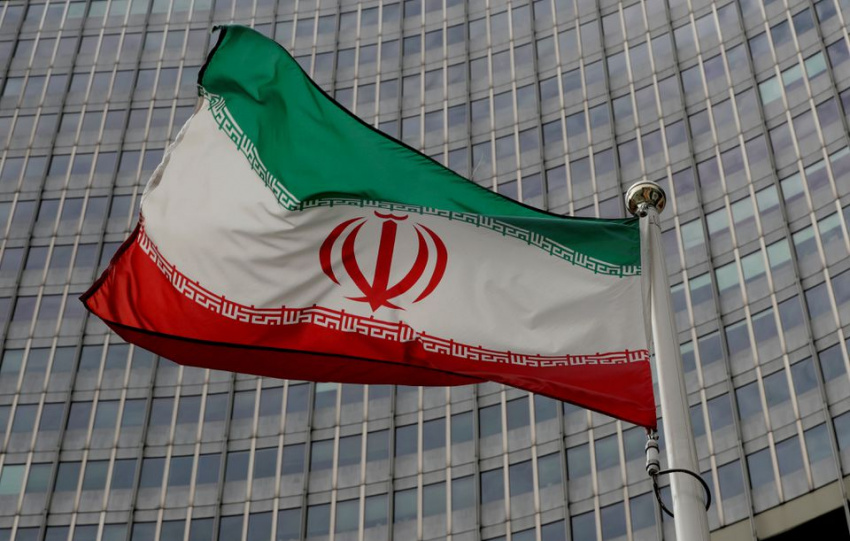Nuclear Unrealism: Perils of Hard-Line Iranian Negotiation
Kaveh L. Afrasiabi

From engaging in multilateral nuclear talks for the sake of "removing all the sanctions" instead of "reviving" the 2015 agreement, to taking fresh steps contrary to JCPOA in the middle of the Vienna talks, to pushing the other side to give future guarantees that cannot possibly be delivered, etc., the list of Iran's hard-line approach is increasingly clear and, from the vantage of Iran's national interests, somewhat alarming. With the Iranian economy in dire need of an immediate relief from the shackle of foreign sanctions, the link between the nuclear talks and the ability of the Raisi government to meet the growing public demands -- for health, economy, employment, addressing the water and other shortages, is inescapable, even more so if the talks fail and are followed by tightening the sanctions on the part of Europe and US. Already, the latter, with the help of a more pro-US new German government, have threatened to take action against Iran at the IAEA, which should not be overlooked inside Iran. Russia's and China's behavior at the IAEA is not very comforting to Iran either and, therefore, chances are that these two countries will abstain in a future showdown at the IAEA on Iran.
To avoid such negative scenarios, what is Iran's strategy? At this point it is unclear if the Raisi government has settled on a clear strategy, other than hoping to retain its latent nuclear capacity while pushing for sanctions relief through the talks. There is no mention of any Iranian mechanism to return to the JCPOA either, focusing instead on what the US will need to do, e.g., with respect to Iran's draft on the sanctions removal, unveiled in Vienna. That draft appears to be all-inclusive and designed to create the opposite results. That is hardly a wise approach and will likely backfire.
Notwithstanding the above-said, chances of success in Vienna is not high and there is as a result not a great deal of room for optimism. Of course, a good deal of the current pessimism stems from the shortcomings of the Biden administration and its slow initiatives, which is itself a function of the various internal and external political pressures -- combined with conflicting opinions within the administration on how to proceed, with Blinken more in tune with Israel than some other US officials. Still, even in the event of a US willingness to meet Iran half way, it is unclear if Tehran is prepared to make the necessary concessions in order to meet the other side at mid-point? Latent nuclear ambitions interfere as well, putting a premium on Iran's cognitive road map for a timely resolution of the nuclear standoff.
A more realistic and tangible approach is desperately needed, one that is ready to make some painful decisions, such as extending some of the deadlines in JCPOA, so long as they do not affect Iran's nuclear policies. Without an adequate appreciation of the scope of compromises needed by both sides for the sake of returning to the 2015 agreement, the Vienna talks cannot possibly succeed.

